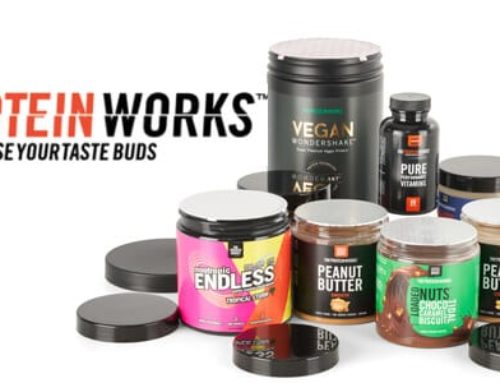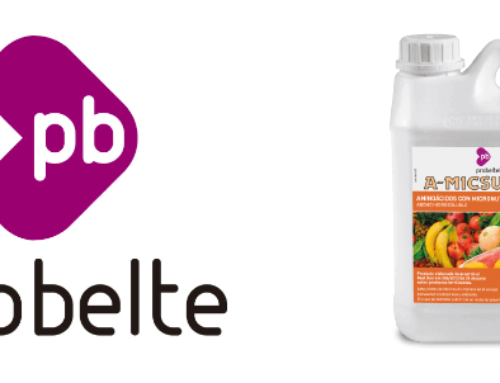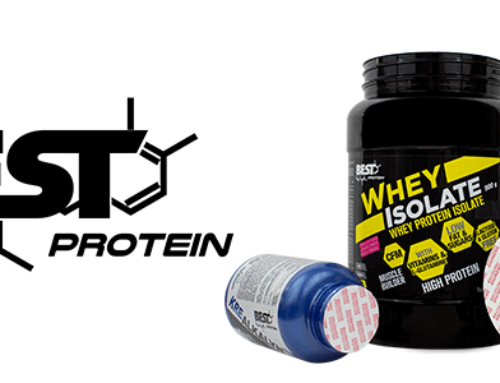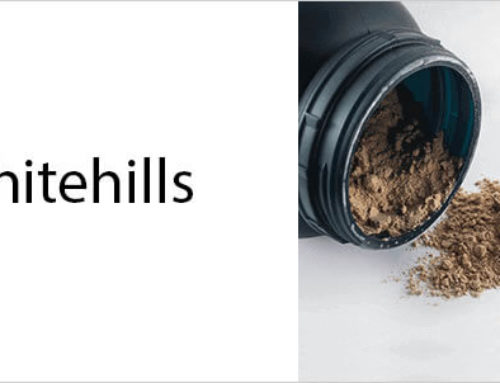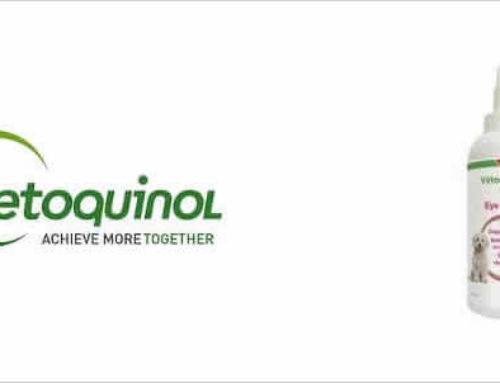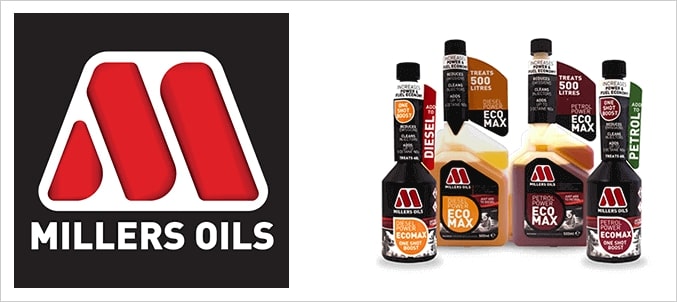
Fuel additives manufacturer increases product safety thanks to induction cap sealing.
Millers Oils, a leading developer of automotive oils, wanted to provide added security as well as tamper evidence to its fuel additive. In order to achieve this, the company contacted Enercon Industries and introduced two induction cap sealers to its production line.
Contact us
The Benefits Gained From Induction Cap Sealing
Case Study
Millers Oils, a leading manufacturer of automotive oil, has moved to induction cap sealing to protect its product from leaks and tampering.
Bob Weale, Supply Chain Manager for Millers Oils, said: “We wanted to move to induction sealing to gain tamper evidence as the intact seal proves to the end user that the product has not been altered before use.
“It also provides us with added security, by preventing the product from leaking, should the cap come off the product.”
Induction cap sealing is widely used across the industry for leak prevention, as spillages can lead to customer dissatisfaction and costly damages for the manufacturer.
“Without the correct sealing method, there is a risk of spillages during transit, even when a cap is fitted onto the container,” said Mr Weale.
“Because fuel treatments are of a corrosive nature, we have to rely on consistent and secure packaging methods to prevent these leaks,” he added.
Leak prevention is also necessary to ensure the manufacturer meets industry regulations.
“Induction cap sealing is a good fit for regulatory purposes in our industry, as it ensures the distributors that the product will not spill during transit,” commented Mr Weale.
After discussing its sealing requirements with Enercon, Millers Oils purchased two of Enercon’s Super Seal™ 75 units.
Find out more about Millers Oils here, or to find out more about Enercon Industries’ induction sealing range.
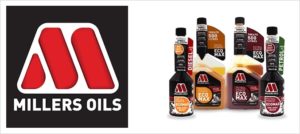
"Induction cap sealing is a good fit for regulatory purposes in our industry, as it ensures the distributors that the product will not spill during transit."

